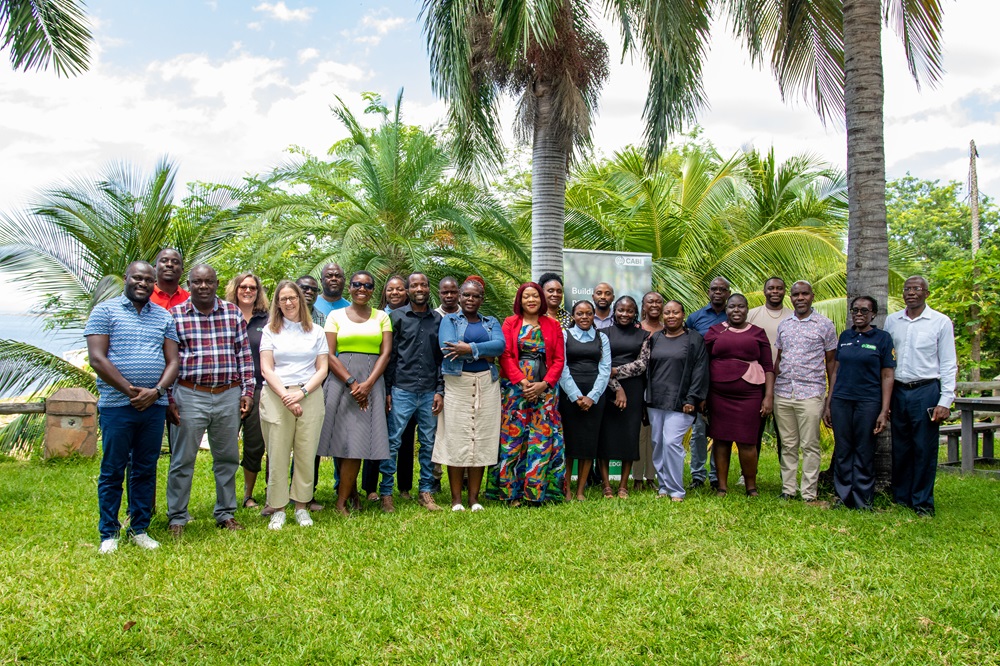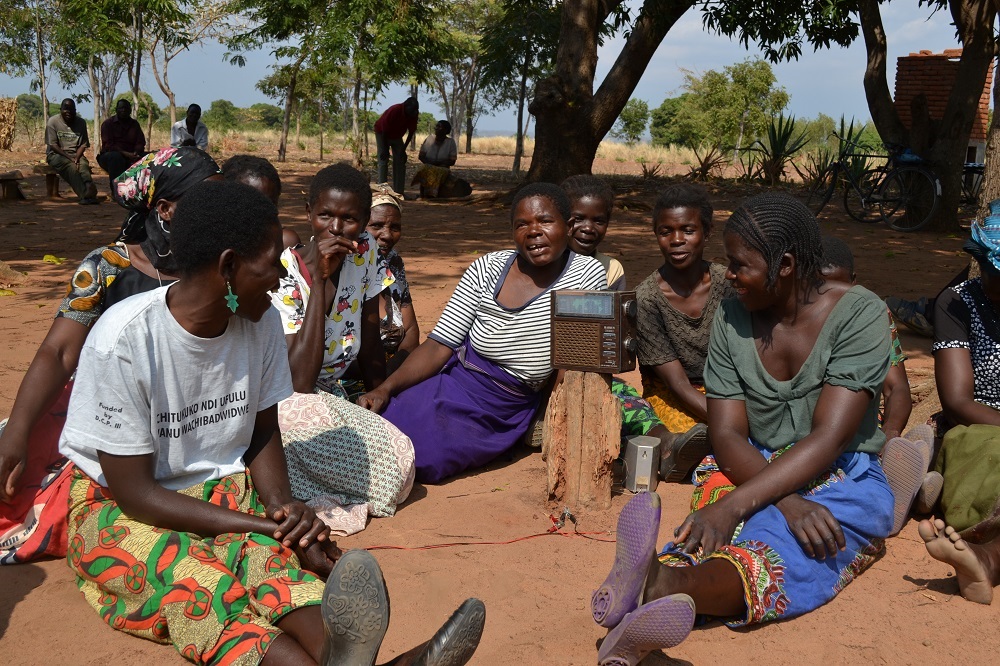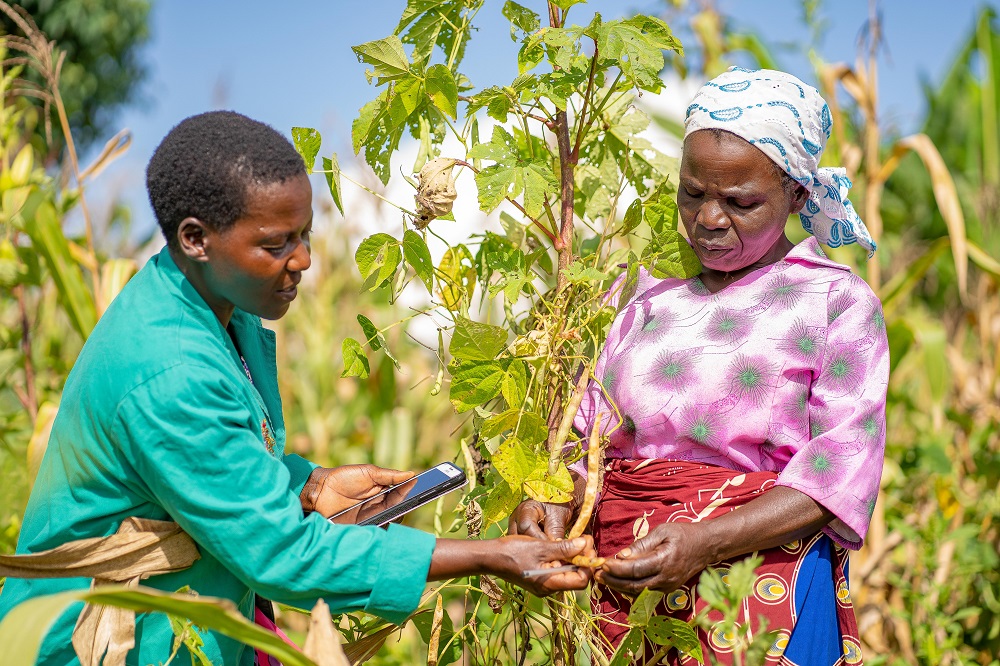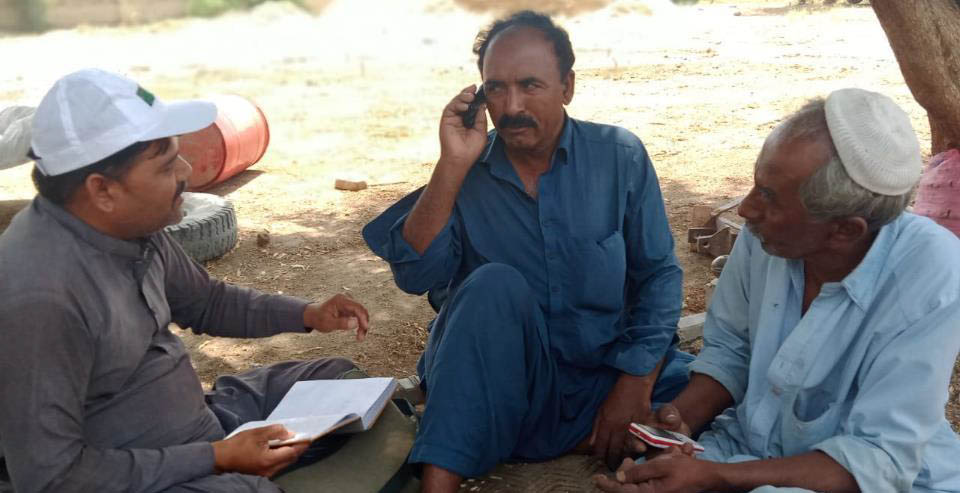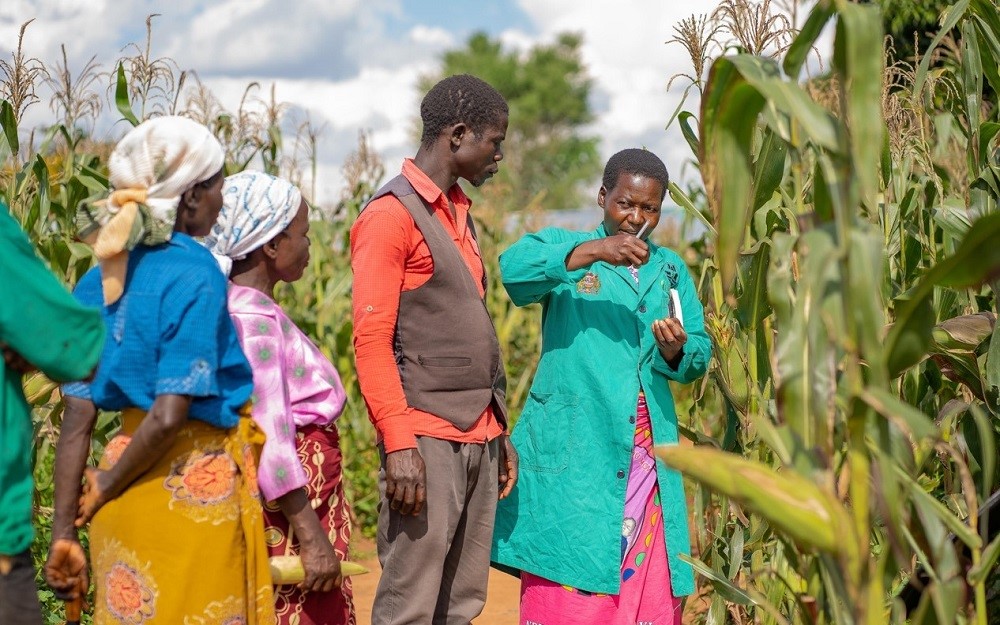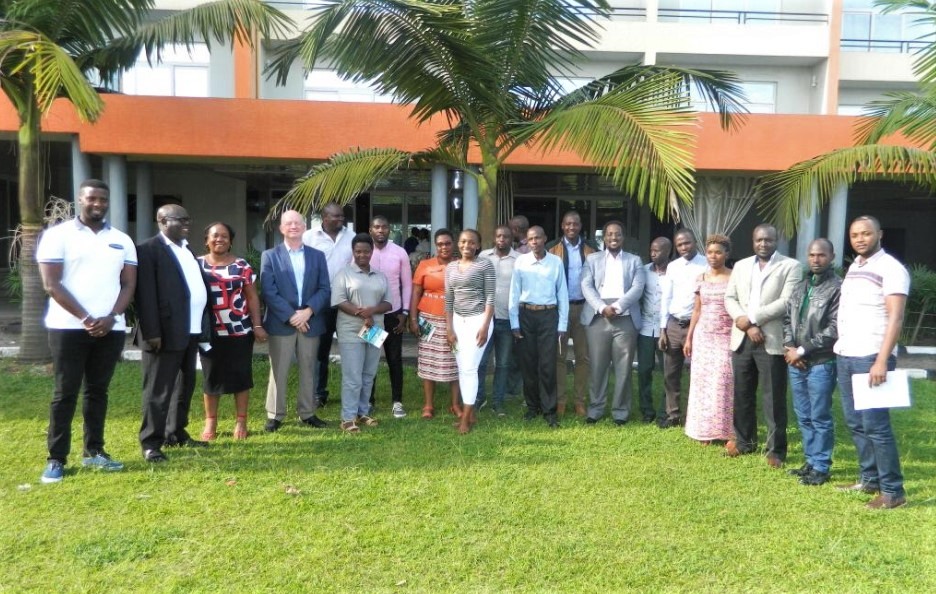CABI Blog
Category: Development communication and extension
You are here: CABI Blog
CABI hosts panel to discuss youth engagement for biological control of fall armyworm in Zambia
February 12, 2025
Wayne Coles
No Comments
CABI in partnership with the University of Zambia and the Zambia Agricultural Research Institute (ZARI) have hosted a panel to discuss engaging youth for the sustainable biological control of the devastating fall armyworm pest in Zambia.
CABI empowers youth to transform agriculture and contribute to greater food security in Kenya and Uganda
May 24, 2024
Wayne Coles
1 comment
Meet smallholder farmer James Muliasi, a resident of Kanye It Village in Njoro Sub County, Kenya, who has emerged as a champion for agricultural development in his community thanks to training received by CABI together with a range of partners.
CABI hosts first ever youth in agriculture stakeholders networking event in Lusaka, Zambia
October 25, 2023
Wayne Coles
No Comments
The majority of Zambia’s 19.5 million citizens rely upon agriculture for all or part of their livelihoods with the country’s 1.5 million smallholder farmers – of which 20% are headed by women – dominating the sector with maize being the main staple crop.
“Positive youth engagement programmes empower young people to reach their full potential”
August 10, 2023
Laura Hollis
No Comments
As CABI’s first Youth Engagement Manager, Deogratious Magero is leading the conceptualization and implementation of CABI’s youth engagement strategy across Africa.
CABI blog most read of 2022
December 22, 2022
Joe Hooper
No Comments
As 2022 draws to a close, we have crunched the numbers and compiled the top 20 most-read articles on the CABI Blog this year. Plus a few firm favourites. Articles regarding CABI’s work in Pakistan proved popular this year, as well as the ‘How to be’ blog series written for International Day of Women and…
CABI shares expertise in digital extension and advisory services at FAO workshop
July 26, 2022
Wayne Coles
1 comment
CABI has shared its expertise in digital agricultural and advisory services for smallholder farmers as part of Food and Agriculture Organization of the United Nations (FAO)-led capacity building workshop.
Digital climate advisory services – an investment case for equity
August 5, 2021
Jonathan Casey
No Comments
The need for climate adaptation Smallholder farmers are facing increasing impacts from droughts, floods, heatwaves and wildfires, as well as crop pests and diseases, being driven by climate change. And these issues are only projected to get worse as our world warms over the coming years. Smallholders are the backbone of our global food supply.…
Piloting worker voice technology in Pakistan
July 26, 2021
Wayne Coles
No Comments
Engaging people working in agriculture to get a clear, comprehensive understanding of the challenges they face in their work, especially on labour issues, is key to being able to provide effective solutions. In rural, dispersed farming areas, however, this can be a difficult task using traditional outreach methods. The Covid-19 pandemic has made this engagement…
Classifying agribusiness-based advisory services: benefits and challenges of different models
April 19, 2021
Dannie Romney
1 comment
By: Dannie Romney, Global Director, Development Communication and Extension, CABI Agricultural extension and advisory services – services that offer technical advice to farmers – play an important role in delivering the knowledge and tools that farmers need to increase their crop yields, improve their food security and livelihoods, and build resilience against the difficulties they…
Strengthening extension trainings through digital tools in Rwanda
March 16, 2021
Abigael Mchana, Henry Mibei
No Comments
The role of extension staff in reaching smallholder farmers in Africa with relevant agricultural information cannot be underestimated, writes Abigael Mchana, Communications Officer, and Henry Mibei, Manager, Digital Development at CABI’s Africa Centre in Nairobi, Kenya. They are few in number compared to their clients in need of their expertise and often operate with scarce…
Subscribe to blog
DISCLAIMER
Views expressed in contributions do not necessarily reflect official CABI positions.
Archives
Categories
- Agriculture and International Development
- Veterinary and Animal Sciences
- Climate change and biodiversity
- Publishing
- Value chains and trade
- Crop health
- Environmental Sciences
- Human Sciences
- Tourism, Hospitality and Leisure
- Food and nutrition security
- Plant Sciences
- Gender and youth
- Digital development
- Development communication and extension
- Economic development
- Invasive species
- CABI Bioservices
- One Health

